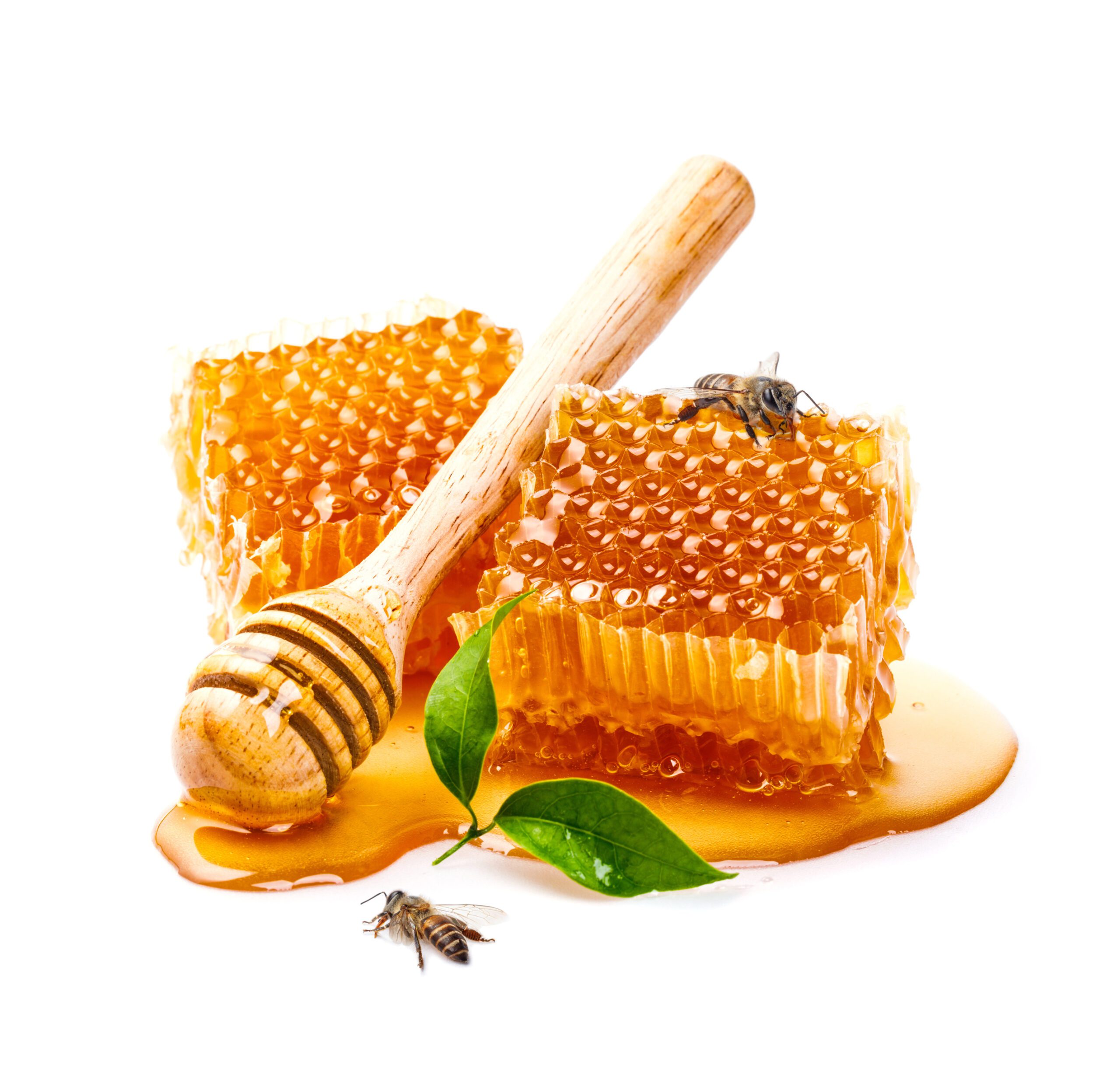
The secret to natural medicine for many common health issues is simply… honey. It has many healing properties, as it acts as an anti-viral, anti-antibiotic and anti-fungal. Honey has been used as an effective treatment for conditions such as burns, and fighting colds and flu. Keep reading for three recipes of honey’s natural medicine, as well as the best honey to use when making your homemade remedy.
What is the best honey to use?
The best honey to use is when making your own natural medicine is organic raw honey that is produced by your local beekeepers. It is much more nutritious and usually tastes better than store-bought honey. Generally small-scale beekeepers will take better care of their hives than those who deal with large-scale honey production.
Making Medicinal Honey
If you’re interested in making your own medicinal honey, start with one of these three recipes:
Storing Medicinal Honey
Store your medicinal honey in the refrigerator or a cool, dry cabinet. Your honey will last about one year. Make sure to write the date on the jar so you can keep track of its freshness.
Dosage
When you’re feeling sick, take a teaspoon several times a day. To fight the flu, you can mix a teaspoon of your honey mixture with raw apple cider vinegar and hot water to make an herbal drink. Some people also like to add cayenne pepper, which also has amazing healing benefits.
It is important to know that although children love the taste of honey, you cannot give honey to infants under the age of one because of the risk of botulism.
Honey Heals
What better way to heal your ailing body than with Nature’s medicine? Keep in mind that honey is still a “sugar.” Just because you are using honey don’t think you can double up on the dose. The key is to get honey from your local area and not from a supermarket.

A new study suggests that a widely used sugar substitute found in diet sodas, chewing gum, and low-sugar yogurt may elevate insulin levels. This could increase the long-term risk of heart disease. “Artificial sweeteners have infiltrated nearly all types of food, making it crucial to understand their long-term health effects,” said Yihai Cao, senior author […]

Diet Coke has long been a fan-favorite among soda lovers who want a fizzy, guilt-free alternative to traditional soft drinks. While its zero-calorie, zero-sugar label makes it seem like a healthier option, the reality is far more concerning. Despite its undeniable popularity, Diet Coke’s nutritional profile has raised red flags among health experts for years. […]

New study shows that embracing an anti-inflammatory, plant-forward diet can support cognitive function and help reduce the risk of dementia. What You Eat Shapes Your Brain The food you eat doesn’t just impact your body—it also affects your brain. Research suggests that eating an anti-inflammatory, plant-based diet can help improve memory, focus, and overall brain […]